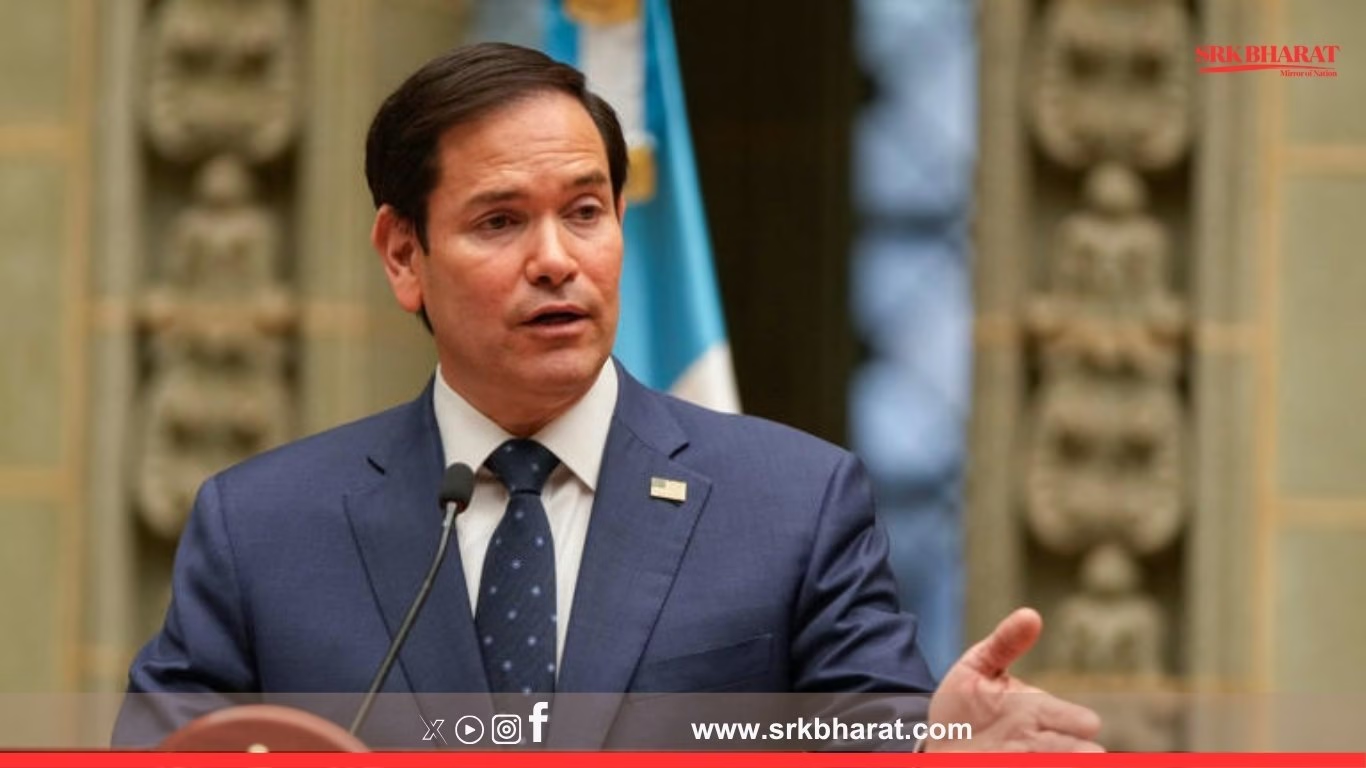The strategic partnership between India and the United States—often hailed as one of the most significant bilateral relationships in the 21st century—has encountered a delicate strain. US Senator Marco Rubio recently labeled India’s continued purchase of discounted Russian crude oil as a “point of irritation” in an otherwise broad-based cooperation framework. His remarks have reignited debate over the complex balancing act New Delhi must perform as it manages global alliances amidst shifting geopolitical currents.
India, which has traditionally maintained a non-aligned and multipolar foreign policy posture, has defended its procurement of Russian energy supplies as a matter of national interest and economic necessity. However, in Washington, especially among lawmakers with hawkish views on Moscow, the continued strengthening of India-Russia energy ties appears to conflict with broader Western efforts to economically isolate Russia over its war in Ukraine.
Senator Rubio’s Comments and Strategic Implications
Speaking on the sidelines of a congressional hearing, Senator Rubio, a Republican member of the Senate Foreign Relations Committee, expressed concern over India’s refusal to join Western sanctions and its rising imports of Russian crude, which have made it one of the top destinations for Urals oil since 2022.
“We value India as a strategic partner in the Indo-Pacific, especially as a counterweight to China. But this persistent oil trade with Russia is a point of irritation. It’s not in alignment with the kind of economic pressure we’re trying to maintain against the Kremlin,” Rubio said.
He emphasized that while military cooperation and economic ties between India and the US have grown, such divergences on major geopolitical crises could erode mutual trust in the long term.
India’s Response: Strategic Autonomy Comes First
India, however, has repeatedly made it clear that its energy purchases are not driven by ideology but pragmatism. Officials argue that as a developing country with a vast population and growing energy needs, sourcing affordable crude oil is a non-negotiable economic imperative.
Speaking at a recent energy summit, External Affairs Minister Dr. S. Jaishankar reiterated, “Our moral obligation is to the Indian people. We will buy oil wherever we get it at the most advantageous terms. And yes, that includes Russia.”
Indian refiners, including Indian Oil Corporation (IOC), Bharat Petroleum, and Reliance Industries, have reportedly increased imports of Russian crude to 30% of total oil intake, taking advantage of steep discounts offered since global sanctions hit Moscow’s traditional buyers in Europe.
US-India Energy Trade Trends and Russian Oil Imports
| Year | US-India Trade ($ Billion) | India’s Russian Oil Imports (Million Barrels/Day) | Share of Russian Oil in India’s Basket (%) |
|---|---|---|---|
| 2020 | 92 | 0.1 | 1% |
| 2021 | 113 | 0.16 | 2.3% |
| 2022 | 128 | 1.1 | 22% |
| 2023 | 138 | 1.5 | 27% |
| 2024* | 141 (est.) | 1.7 | 30% |
*Estimated figures based on H1 2024 trade reports and oil shipping data.
This rise in Russian oil imports coincides with India’s strategy to diversify its crude basket while keeping inflation and fiscal deficits in check. Even as global oil prices soared, Indian consumers were somewhat shielded due to these discounted imports.
Washington’s Dilemma: Indo-Pacific Ally vs. Sanctions Integrity
Rubio’s criticism is reflective of a growing faction in Washington that wants India to show greater alignment with US foreign policy, especially as both nations deepen defense collaboration through mechanisms like the Quad, INDUS-X, and the US-India Initiative on Critical and Emerging Technologies (iCET).
However, top officials in the Biden administration have so far walked a tightrope, publicly avoiding confrontation over the oil issue. Instead, the focus remains on reinforcing long-term convergence on strategic technologies, supply chain resilience, and regional security.
A State Department spokesperson, when asked to comment on Rubio’s remarks, stated: “We continue to engage with India constructively on energy diversification and economic cooperation. We recognize that partners will make sovereign decisions in line with their interests.”
Russia’s Oil Discount Strategy and India’s Economic Benefits
Russia’s decision to offer deep discounts on crude post-Ukraine invasion has allowed it to retain significant export volume despite sanctions. For India, the pricing has been irresistible.
Key economic benefits for India include:
- Lower import bill: By paying $10–$15 less per barrel compared to Brent prices, India saved billions in 2023 alone.
- Reduced inflation: Energy subsidies and lower fuel prices helped curb inflationary pressures.
- Foreign exchange stability: Buying in rupees or dirhams instead of USD reduced forex outflows.
The government has also re-exported some refined Russian oil as products like diesel to Europe, turning geopolitical friction into economic opportunity.
Strategic Autonomy: India’s Non-Alignment in the 21st Century
India has long emphasized a foreign policy of “strategic autonomy”, refusing to be drawn into the orbit of any major power bloc. This approach dates back to the Non-Aligned Movement and continues to guide contemporary diplomacy.
While India has joined US-led security initiatives in the Indo-Pacific, it has refrained from condemning Russia at the United Nations or imposing sanctions, opting instead to push for peace and dialogue.
Experts believe this balancing act is reflective of India’s aspirations to be a global power that engages with all sides on its terms.
US Lawmaker Opinions on India’s Russia Ties: A Divided House
| US Lawmaker | Position on India’s Russian Oil Trade | Public Statement Summary |
|---|---|---|
| Marco Rubio | Critical | “Point of irritation, not aligned with global pressure on Russia” |
| Ro Khanna | Supportive | “India must act in its national interest; we should respect that” |
| Jim Risch | Cautious | “Long-term cooperation is more important than short-term divergences” |
| Bernie Sanders | Neutral | “Let’s focus on diplomacy, not coercion” |
| Michael McCaul | Supportive | “India is a key ally; energy choices are their sovereign right” |
While Rubio and a few others push for a harder line, the majority in Washington’s policy circles remain understanding of India’s tightrope walk, given the broader benefits of strategic collaboration.
Future Trajectory: More Convergence, Less Coercion?
Despite temporary irritants like oil trade, the India-US relationship continues to strengthen. In recent years, both countries have signed key defense pacts, boosted semiconductor and green energy cooperation, and expanded academic and people-to-people ties.
Analysts believe that such economic irritants are unlikely to derail the larger trajectory of cooperation—unless they intersect with critical US red lines like sanctions evasion or military cooperation with Russia.
India’s success in maintaining this delicate balance may shape not just the bilateral future, but the contours of a multipolar global order where economic and strategic interests do not always align neatly.
Disclaimer: This news content is based on public statements, industry reports, and expert analyses. The data and views presented here are subject to change and do not imply any editorial endorsement or bias. Readers are advised to cross-reference with official government releases for updates.











